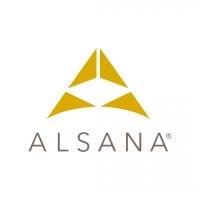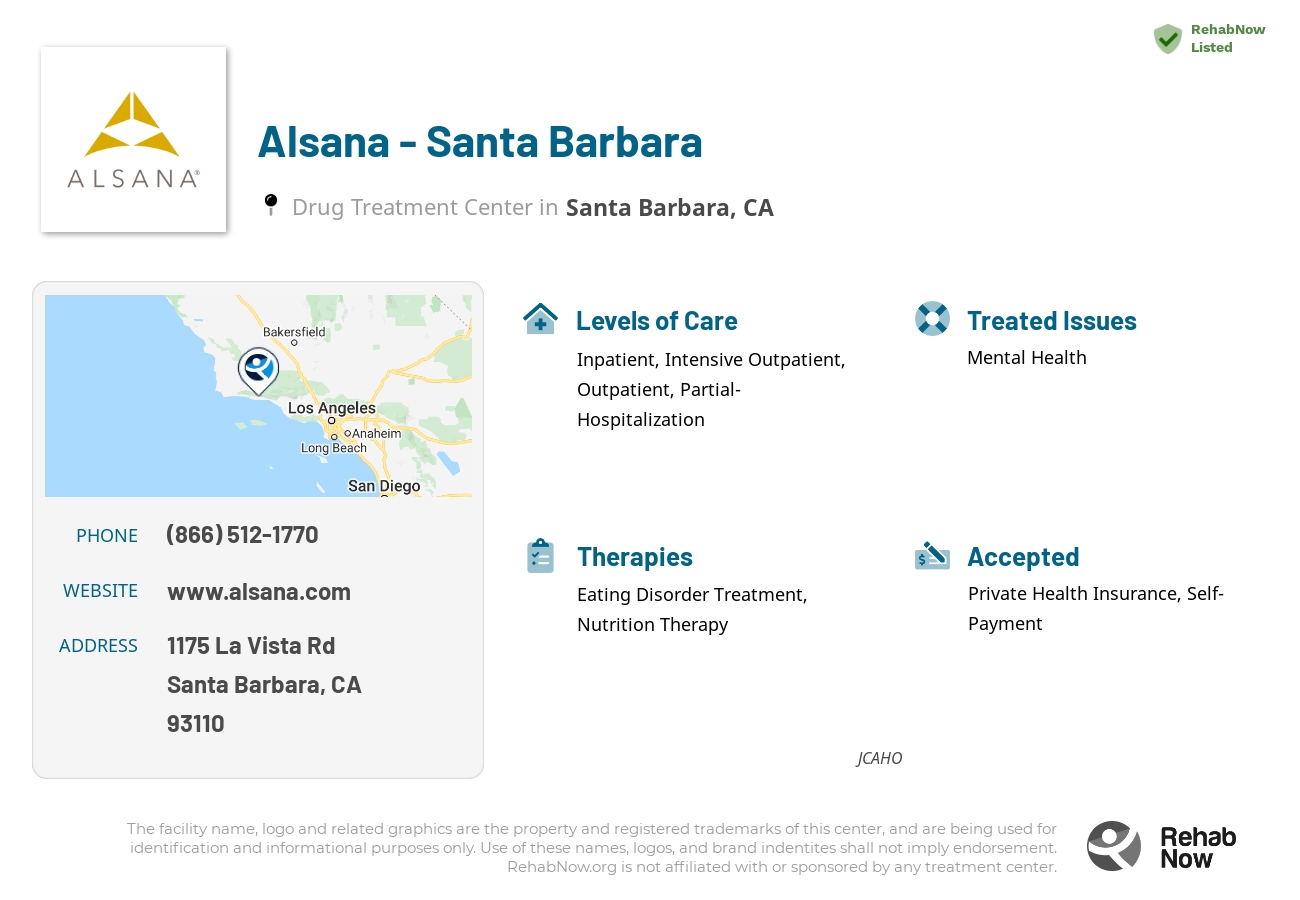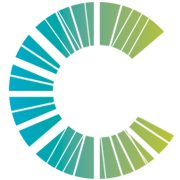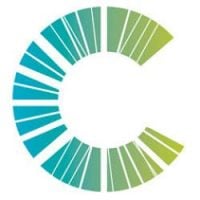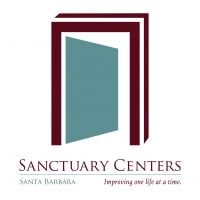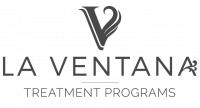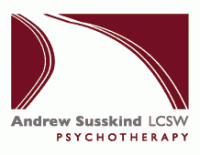Alsana - Santa Barbara
Drug Rehab Center in Santa Barbara, California
Alsana Drug Rehabilitation Center is an accredited, Joint Commission on Accreditation of Healthcare Organizations (JCAHO) approved treatment facility providing specialized care for inpatient, intensive outpatient, outpatient and partial hospitalization levels of care for substance abuse, dual diagnosis, eating disorders and mental health issues with private health insurance accepted.
About Alsana - Santa Barbara in California
Alsana - Santa Barbara is a renowned eating disorder treatment center located in the beautiful coastal city of Santa Barbara, California. This innovative facility provides client-focused, evidence-based care in residential, partial hospitalization, and intensive outpatient settings, with a commitment to inspiring healing experiences focused on total health.
- Offers gender-affirming care for LGBTQ+ clients in a welcoming and secure environment
- Provides integrated treatment for co-occurring mental health disorders like depression and anxiety
- Offers vegan options and comprehensive nutritional support as part of their holistic approach
Alsana is a Joint Commission accredited facility, ensuring the highest standards of care. Their world-renowned clinical leaders specialize in treating adults with eating disorders, offering individualized treatment plans that may include assessments, therapy, psychiatry, group sessions, family programming, and support groups.
The center treats a range of eating disorders, including anorexia, bulimia, and binge eating disorder, using evidence-based therapies such as cognitive-behavioral therapy, family-based treatment, and dialectical behavior therapy. Treatment levels range from inpatient care for those with severe symptoms to intensive outpatient programs for a more flexible schedule.
Genders
Ages
Modality
Additional
Accreditations

JCAHO
Conditions and Issues Treated
Some addicts can benefit from substance abuse treatment, which is designed to help them become and remain sober without the use of medications. These programs are typically used by those struggling with drugs like marijuana or hallucinogens. However, they might be beneficial for those with a co-occurring mental health disorder like schizophrenia, major depression or bipolar disorder.
During this type of treatment, the addict will meet with therapists and other professionals on a regular basis to learn coping skills and healthy ways to deal with their addiction and mental health disorder.
Treatment programs often combine medications with counseling, support groups and even medical services like those found in hospitals or doctor’s offices. There are also detoxification services that addicts can use to get sober and avoid severe withdrawal symptoms.
Levels of Care Offered
This center offers a variety of custom treatment tailored to individual recovery. Currently available are Inpatient, Intensive Outpatient, Outpatient, Partial-Hospitalization, with additional therapies available as listed below.
Inpatient rehab means you live there while your addiction or co-occurring disorder is treated. Prescribed medications are used along with counseling.
This type of rehabilitation provides a drug-free environment for people who struggle with chronic/long-term addiction (or their own home). Jobs or school can be put on hold until after the stay to focus solely on recovery.
An intensive outpatient program is usually the first phase of addiction treatment. It provides relief for those addicted, but not ready to commit to an inpatient setting. IOPs consist of a daily 3 to 5-hour program, and there is a required number of hours per week. The goal here is to teach patients healthy coping skills, such as stress management.
Outpatient programs offer a lower intensity level of addiction treatment than inpatient facilities. They are ideal for those who have graduated from inpatient facilities, have a supportive home environment, and are motivated to commit to the program. Services offered include medication-assisted treatment, individual and group therapy, and peer group support.
This treatment is a popular option for those suffering from a lower intensity addiction. It is not advisable for someone who needs to go through a medically supervised detox or does not have a supportive home environment. It requires motivation and dedication to commit to the program without constant monitoring.
For people looking for drug treatment, partial hospitalization programs offer an alternate option to inpatient rehab or residential treatment. Patients attend therapy sessions for a set number of hours each day. They can typically visit family or go home during non-therapy hours.
Partial hospitalization programs can last from one to six months and are appropriate for patients with acute addiction symptoms. Alsana - Santa Barbara offers a partial hospitalization program in , and is a good option for people looking for drug treatment.
Therapies & Programs
During individual therapy at Alsana - Santa Barbara in , the person in recovery meets with a therapist one on one to go over their situation and learn from past mistakes. The counselor or therapist will use this time to address the causes of addiction, triggers, and any mental issue or dual diagnosis. They will also address aftercare plans, giving them the best chances of long-term sobriety.
This therapeutic process is very intense and challenging to go through. Some clients may find it easier to open up with someone apart from their family or loved ones who understand their struggles and experience with addiction.
Family therapy is designed to help addicts get clean and sober by using what they love the most; their family. Most drug treatment centers make it mandatory that the addict’s family attend therapy sessions, which is great because having everyone there to support them makes it much easier for them to get clean. Not only are they surrounded by people who want them to get better, but everyone is there because they want the best for them, not because they feel like they have to be.
Drug addicts are often surrounded by resentful or uneducated family members who would, at times, rather see them stay addicted because it makes their own lives easier. Sometimes they don’t understand what the addiction is or how they play a part in it. They know that during and after the addict’s sobriety journey, they will face challenges and changes that they aren’t sure how to handle. This can be very tough for an addict to go through on their own, which is why it’s so important that they have the support of their family. Just because someone is an addict does not mean that they don’t deserve the love and support of those around them.
Addicts in Santa Barbara, CA can find support in group therapy at Alsana - Santa Barbara by finding peers who understand their situation and being held accountable. They also learn to develop faith, understanding, and insight into their addiction through shared conversations.
Group Therapy is employed by drug treatment centers to provide the recovering addict with a platform to talk about their feelings and experiences. It also provides for an opportunity to learn from other addicts who have successfully overcome their addiction. It is recommended that all group members be recovering addicts for this type of therapy to work.
Many people who struggle with addiction in Santa Barbara, California also have trouble managing their daily responsibilities after treatment. With this type of therapy, addicts are taught how to manage their time, attain specific goals, and take care of all facets of their lives without the influence of drugs or alcohol.
During these sessions, therapists will work with addicts to identify personal values and goals. They will then help addicts set goals for achieving those values and standards. In the process, therapists help addicts develop strategies for fulfilling their goals and successfully managing their responsibilities.
In many cases, this type of therapy is used in conjunction with other types of addiction treatment services to address specific issues that affect a recovering addict’s ability to stay sober.
Nutrition therapy has been used as a treatment modality for addiction recovery and in eating disorders for adults, adolescents, and children. Specific nutrients have been identified that influence neurotransmitters associated with reward pathways of the brain. Carbohydrate loading with complex carbohydrates to elevate serotonin levels was effective in treating bulimia nervosa. This approach prompted researchers to explore the use of this type of nutritional intervention in other disorders.
Nicotine replacement therapy is a popular method of treatment that helps individuals overcome their addiction to cigarettes by providing them with safer alternatives. Nicotine replacement options can include:
- Inhalers
- Gum
- Patches
These treatments are often used in combination with other therapies, such as cognitive behavioral therapy or motivational interviewing, to help individuals more easily transition into a smoking-free lifestyle.
Patient Experience
Creative Arts
Creative arts therapy, or expressive therapy, is beneficial to those battling addiction. It can include writing, music, drama, art, and other forms of self-expression. It improves the patient’s emotional state and allows them to focus on something other than addiction. It allows Alsana - Santa Barbara to examine how their feelings and emotions play out through the creative process in Santa Barbara, CA.
Recovery can be a difficult process, but it is possible to heal and move forward with the help of creative arts therapy. If you or a loved one is struggling with addiction in , , consider using creative arts therapy to help the recovery process.
Experiential Therapy at Alsana - Santa Barbara
Experiential therapy is a type of treatment involving immediate, intense experiences designed to manage addiction. Experiential therapy is beneficial for:
- People who are seeking to overcome an addiction but have difficulty focusing on treatment goals
- People with short attention spans due to high levels of stress or difficulty concentrating
- People who are afraid of engaging in treatment due to negative past experiences
Payment Options Accepted
For specific insurance or payment methods please contact us.
Is your insurance accepted?
Ask an expert, call (888) 674-0062
Alsana Associated Centers
Discover treatment facilities under the same provider.
- Alsana - Monterey in Monterey, CA
- Alsana - Thousand Oaks in Thousand Oaks, CA
- Vista Del Mar Outpatient Center in Los Angeles, CA
Learn More About Alsana Centers
Additional Details
Specifics, location, and helpful extra information.
Santa Barbara, California 93110 Phone Number(866) 512-1770 Meta DetailsUpdated April 15, 2024
Staff Verified
Alsana - Santa Barbara Patient Reviews
There are no reviews yet. Be the first one to write one.
Santa Barbara, California Addiction Information
More than 3 million of California's citizens are addicted to illegal drugs. Almost 800,000 people use hard drugs, almost 5 million use marijuana, and another 2.1 million abuse alcohol every year. Other substance abuse issues such as binge drinking and teen drug use are also common. Many illegal drugs such as cocaine, heroin, methamphetamine, and marijuana are smuggled into the state from Mexico.
Methamphetamine is the most commonly abused drug in Santa Barbara County, followed by heroin and prescription drugs. Santa Barbara has the highest rate of drug overdose deaths in California. Over 18% of the population reported alcohol abuse in the past year. The proximity of Santa Barbara to Mexico and the availability of drugs in the city contribute to the problem.
Treatment in Nearby Cities
- San Mateo, CA (258.4 mi.)
- Carlsbad, CA (164.7 mi.)
- Palmdale, CA (93.4 mi.)
- Downey, CA (99.3 mi.)
- Sanger, CA (155.8 mi.)
Centers near Alsana - Santa Barbara
The facility name, logo and brand are the property and registered trademarks of Alsana - Santa Barbara, and are being used for identification and informational purposes only. Use of these names, logos and brands shall not imply endorsement. RehabNow.org is not affiliated with or sponsored by Alsana - Santa Barbara.
